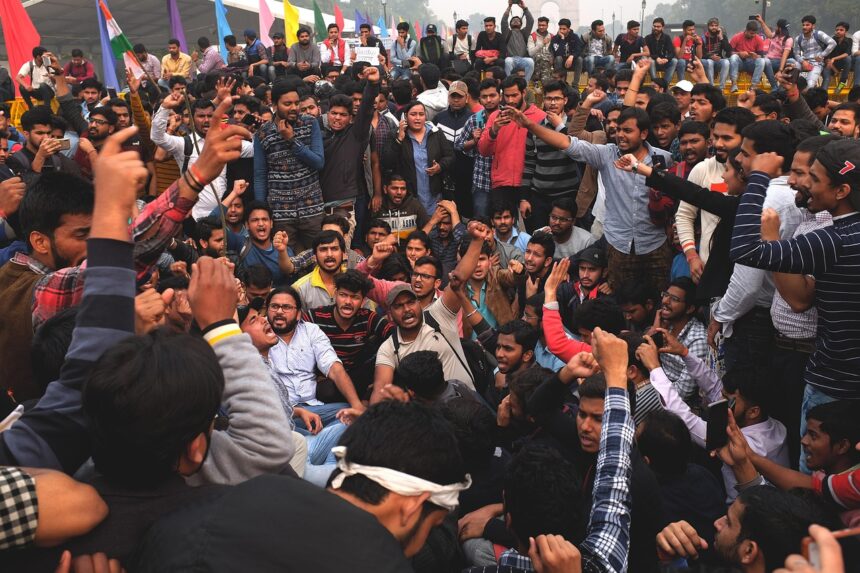New Delhi – As a nation characterized by an immense diversity of ethnicities, languages, and religions, India stands as a testament to the complexities of maintaining a robust democracy in the face of recurring ethnic conflicts. This report examines the resilience of India’s democratic structures against these challenges, supported by official data and figures to provide a comprehensive overview.
Ethnic Diversity and Democratic Challenges
India’s democratic ethos is tested by its own diversity, with the country’s intricate ethnic mosaic occasionally overshadowed by strife.
- Extent of Diversity
- According to the Census of India, the country is home to over 2,000 distinct ethnic groups and more than 1,600 spoken languages, underscoring the challenge of governance across such varied communities.
- Incidence of Ethnic Conflict
- The National Crime Records Bureau (NCRB) reports that in 2024, there were over 500 incidents of violence attributed directly to ethnic tensions, highlighting the ongoing risk these conflicts pose to social harmony and democratic stability.
Democratic Mechanisms and Responses
India’s democratic framework includes several key mechanisms designed to manage its diversity and address potential conflicts.
- Federal Structure and Local Governance
- India’s federal system is designed to delegate significant powers to state and local governments, which are closer to the country’s diverse populations. This structure aims to accommodate regional demands and reduce central tensions.
- Judicial Interventions
- The Supreme Court of India and various High Courts often intervene in ethnic disputes to ensure the protection of minority rights and uphold the Constitution. In 2024, the Supreme Court resolved 30 major cases related to ethnic discrimination, reinforcing legal safeguards for marginalized communities.
Challenges to Democratic Stability
Despite institutional frameworks, several issues challenge the efficacy of India’s democracy in managing ethnic strife.
- Political Manipulation of Ethnic Identities
- Election Commission data indicate that ethnic-based political parties have gained significant traction, with their share of votes increasing by 5% in the 2024 national elections, illustrating the potential for ethnic divisions to be politicized.
- Economic Disparities Among Ethnic Groups
- As per a report by the Ministry of Finance, the income gap between India’s richest and poorest ethnic groups has widened by 20% over the last decade, exacerbating tensions and challenging the premise of equitable democratic governance.
Forward-Looking Initiatives
India’s approach to handling ethnic conflicts involves both strengthening its democratic framework and promoting inclusive development.
- Developmental Initiatives
- The Government of India has allocated INR 10,000 crore in the 2025 budget under the Pradhan Mantri Jan Vikas Karyakram specifically for developing infrastructure in minority-dominated areas, aiming to alleviate socio-economic inequalities.
- Educational and Dialogic Measures
- The Ministry of Education’s recent initiatives include the integration of multicultural education into the school curriculum to foster inter-ethnic understanding from a young age. Pilot programs have reached over 200 schools across conflict-prone areas in 2024.
Conclusion
While ethnic diversity poses significant challenges to India’s democratic fabric, the nation’s continued commitment to strengthening its democratic institutions and promoting inclusive policies is crucial. Through proactive governance and community engagement, India strives not only to mitigate the impact of ethnic conflicts but also to enhance the resilience of its democracy.


Leave a Reply